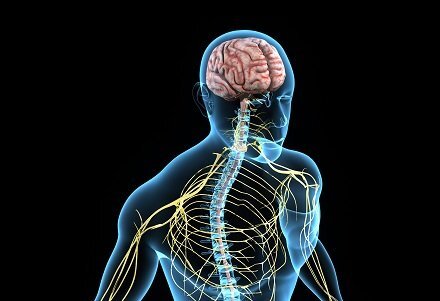Biomarkers to support the diagnosis and treatment of human neuropathies
The University of Antwerp has identified biomarkers to support the diagnosis and treatment of CMT neuropathies. These biomarkers can be used to improve clinical diagnosis but also to evaluate therapeutic interventions.

Situation before
Charcot-Marie-Tooth (CMT) neuropathy is characterised by a broad clinical and genetic heterogeneity complicating its diagnosis and therapeutic intervention. Currently more than 1500 different mutations in 90 genes have been associated with CMT. Identification of molecular signatures that are common to multiple CMT subtypes can aid in developing therapeutic strategies and measuring disease outcomes.
Technology
We identified profilin 2 (PFN2) and guanidinoacetate methyltransferase (GAMT) as molecular markers of CMT type 2, with possible indications of the role of PFN2 in pathogenesis and disease progression. PFN2 regulates actin dynamics and GAMT is part of the creatine biosynthetic pathway. These biomarkers can boost the development of therapeutic strategies targeting a wider spectrum of CMT patients, and possibly also other neurodegenerative and neuromuscular diseases.
Proteomic analysis of lymphoblast cells fromCMT patients showing downregulation (log foldchange) of PFN2 and GAMT proteins in patientswith CMT-related mutations (HSPB8, NEFL andRAB7) as compared with controls. The candidateproteins were then further validated by PCR andwestern blotting on CMT patient samples and using CMT mouse models.
About the researchers
The Peripheral Neuropathy Group gained expertise in mapping and identifying disease associated genes for inherited peripheral neuropathies.We study the effect of mutations on the normal functioning of these genes in neuronal and nonneuronal cell lines, patient derived biosamples, but also in small model organisms. This information is compared to clinical, neurophysiological and neuropathological data which are essential for genotype/phenotype correlations. To unravel the disease mechanisms for sensory and/or motor neuropathies, we identify interacting transcripts and proteins through differential profiling in neuronal and non-neuronal cells, including neurons derived from patient induced pluripotent stem cells. We make use of mutagenesis and gene editing technologies, and perform transient and stable transformations of diverse cell lines. We apply molecular cell biology tools and phenotype small model organisms that mimic human peripheral neuropathies.
More information
University of Antwerp
Valorisation Office
Middelheimlaan 1
2020 Antwerpen - Belgium
T +32 3 265 91 60